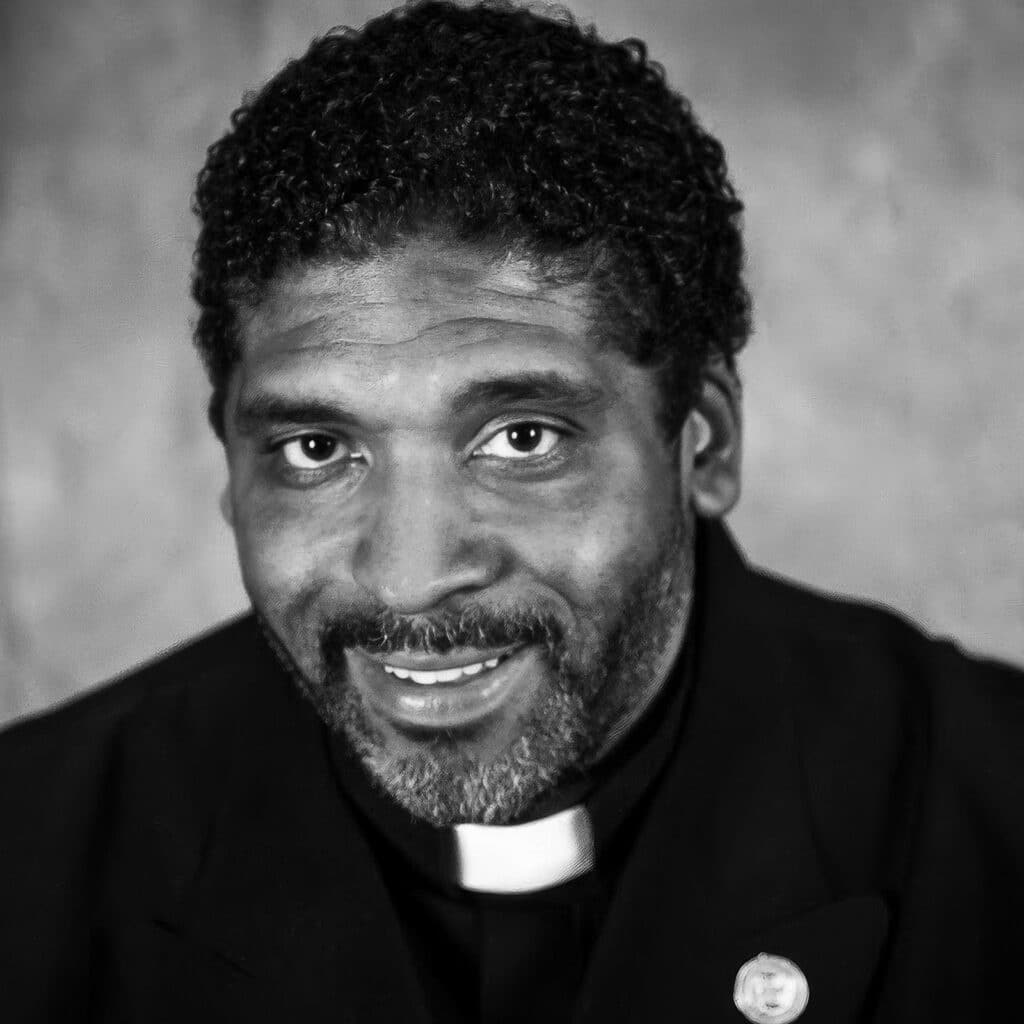The Watchman Sounds the Alarm

In this recently published article in “Oneing: The Path of the Prophet,” excerpted from their book White Poverty, William J. Barber II with Jonathan Wilson-Hartgrove reflect on the devastating reality of poverty in America today. Hear the rallying call from the “watchmen” of our society, as they challenge us to see the violence of mass poverty in our midst.
In the biblical tradition that has shaped my imagination, prophets play the role of calling the nation to pay attention to the people they have learned not to see. The prophet Jeremiah lived at a time in ancient Israel when leaders forgot their responsibility to the poor, and vulnerable people were pushed to the margins of the community. “From the least to the greatest,” Jeremiah declared, “all are greedy for gain; prophets and priests alike, all practice deceit….The only hope, Jeremiah realized, was for someone who could see what was happening to stand up and tell the truth. He said he was called to be that “watchman.”
Now, a watchman doesn’t have the power to enact policy or administer resources that have been allocated for the common defense. Still, a watchman commits to pay attention—to do what he can to really see. And when a watchman sees something that he knows is a threat to the whole society, he sounds the alarm to draw attention to the crisis. Like Jeremiah, I am haunted by the poor people I have met all across America—people who’ve taken the time to tell me their stories…. They have not asked me to bail them out. They understand that the crisis of poverty in America is far bigger than anything one person or organization can alleviate. Time and again, they’ve simply invited me to see. And they’ve begged me not to forget them. In their own way, they’ve called me to be a watchman…. According to the federal government, nearly 40 million Americans—11.6 percent of the nation—are poor. That’s more than one in ten people, which is not insignificant in the richest nation in the history of the world. But it is a number that we have learned how to explain in the stories we tell ourselves about poverty. And they just aren’t true.

“At just the moment when we most need a watchman in every city and town, our moral alarm system has gone silent.”
We undercount poverty in ways that allow us to act like it’s normal and not a failure of our collective responsibility to ensure freedom and justice for all. Without thinking about it, the deacon in our church [who] assumed that a person who came up short at the end of the month had failed in some way—not that we, as a people, had failed her. How could someone be poor if they were working? “From the least to the greatest,” we’ve all learned to see poverty this way…. According to the government’s official poverty measure (OPM), an individual who earns $14,000 a year—or a family of four that gets by on $28,000—is not poor. But try existing for a month in America today on $1,167.…
The ancient prophets remind us that, when the people cannot see a problem, a watchman must sound the alarm.
Reflect with Us
How do you act as a watchman for issues of injustice that you are ablet to see? Share your reflection with us.
Reprinted from White Poverty: How Exposing Myths About Race and Class Can Reconstruct American Democracy by Reverend Dr. William J. Barber II with Jonathan Wilson-Hartgrove. Copyright © 2024 by Reverand Dr. William J. Barber. Used with permission of the publisher, Liveright Publishing Corporation, a division of W. W. Norton & Company, Inc. All rights reserved.
The Rev. Dr. William J. Barber II is a Christian Church (Disciples of Christ) minister, social activist, and founding director of the Center for Public Theology and Public Policy at Yale Divinity School. He founded and co-chairs the Poor People’s Campaign: A National Call for a Moral Revival.
Jonathan Wilson-Hartgrove is a spiritual writer, Baptist preacher, and community cultivator. He serves as Assistant Director for Partnerships and Fellowships at Yale University’s Center for Public Theology and Public Policy. His many books include Reconstructing the Gospel, Strangers at My Door, The Awakening of Hope, God’s Economy, and New Monasticism.
We Conspire is a series from the Center for Action and Contemplation featuring wisdom and stories from the growing Christian contemplative movement. Sign up for the monthly email series and receive a free invitation to practice each month.